The Evolution of Supply Chain: Past, Present, and Future
Supply chain management has come a long way in the past few decades, transforming from a manual and fragmented process to a streamlined and technologically advanced system. With the rise of cryptocurrency and blockchain technology, the supply chain industry is on the verge of yet another major transformation. In this article, we will explore the evolution of supply chain management, from its humble beginnings to its promising future.
The Past: Manual Processes and Fragmented Systems
In the past, supply chain management relied heavily on manual processes and paper-based documentation. From procurement to manufacturing to distribution, each step involved extensive paperwork and manual record-keeping. This not only led to inefficiencies but also increased the likelihood of errors and delays.
Furthermore, supply chains were often fragmented, with limited visibility across different stages of the process. Companies struggled to track products as they moved through various intermediaries, resulting in a lack of transparency and accountability.
The Present: Automation and Integration
Today, supply chain management has undergone a significant transformation. The advent of technology has enabled automation and integration across various stages of the supply chain. From inventory management systems to enterprise resource planning (ERP) software, companies now have access to powerful tools that enhance efficiency and accuracy.
With the introduction of blockchain technology, supply chains are becoming more transparent and secure. Blockchain provides an immutable record of every transaction or event in the supply chain, creating a single source of truth that all participants can trust. This eliminates the need for intermediaries and enhances traceability throughout the process.
Moreover, artificial intelligence (AI) and machine learning algorithms are being utilized to optimize inventory levels, predict demand patterns, and improve overall decision-making. These technologies analyze vast amounts of data in real-time, enabling companies to make informed choices that drive operational excellence.
The Future: Blockchain Revolutionizing Supply Chains
As we look towards the future, blockchain technology is set to revolutionize supply chains even further. The decentralized and transparent nature of blockchain ensures that every participant in the supply chain has access to real-time information, eliminating information asymmetry and enhancing trust.
One of the key benefits of blockchain in supply chain management is its ability to track and verify the authenticity of products. Counterfeit goods have long plagued industries, leading to revenue loss and reputational damage. With blockchain, companies can create unique digital identities for each product, enabling consumers to verify their authenticity easily.
Smart contracts, another feature of blockchain technology, have the potential to automate various aspects of supply chain management. These self-executing contracts can enforce terms and conditions agreed upon by all participants, reducing the need for intermediaries and minimizing disputes.
Furthermore, blockchain-based cryptocurrencies are poised to transform payment systems within supply chains. Traditional payment methods often involve multiple intermediaries, resulting in delays and high transaction costs. Cryptocurrencies offer a faster, more secure, and cost-effective alternative, enabling seamless transactions across borders.
FAQs
Q: How does blockchain improve supply chain transparency?
A: Blockchain provides a decentralized and immutable ledger that records every transaction or event in the supply chain. This transparency enhances trust and accountability among participants.
Q: Can blockchain prevent counterfeit products?
A: Yes, by creating unique digital identities for each product on the blockchain, companies can easily verify their authenticity. This helps in combating counterfeit goods.
Q: What are smart contracts?
A: Smart contracts are self-executing contracts that automatically enforce terms and conditions agreed upon by all participants. They reduce the need for intermediaries and minimize disputes.
In conclusion, the evolution of supply chain management has been remarkable. From manual processes to automated systems, and now with the advent of blockchain technology, supply chains are becoming more efficient, transparent, and secure. The future holds immense potential for further advancements in this field, driven by blockchain’s ability to enhance traceability, prevent counterfeiting, and revolutionize payment systems. Embracing these technological innovations will undoubtedly lead to a more streamlined and resilient supply chain ecosystem.

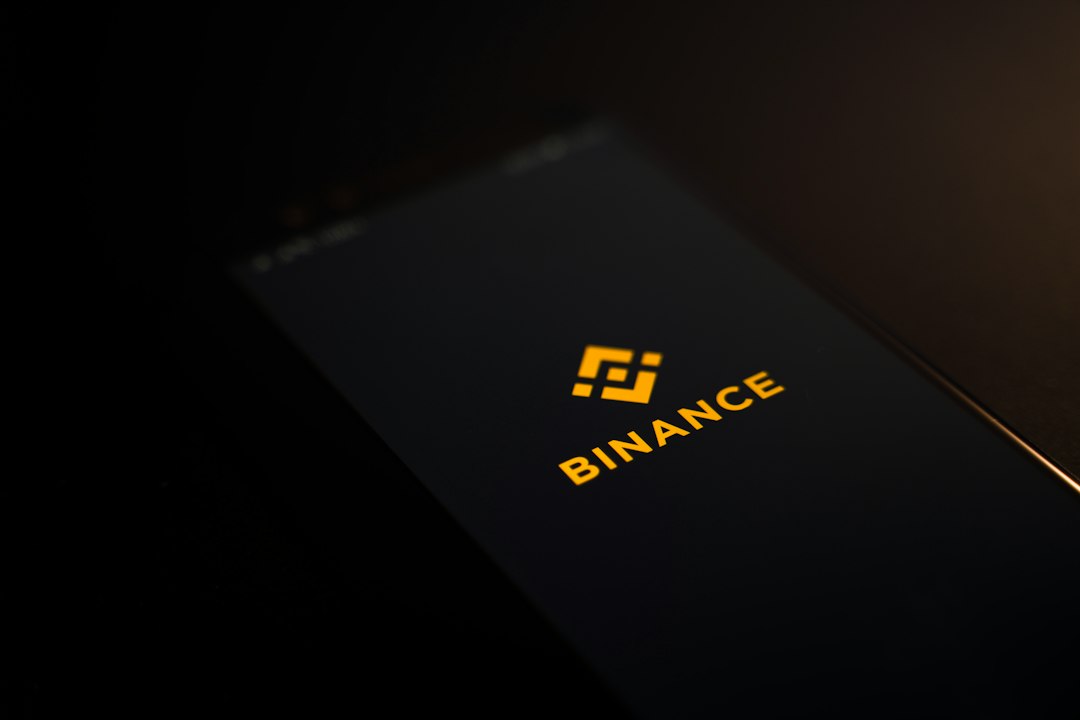
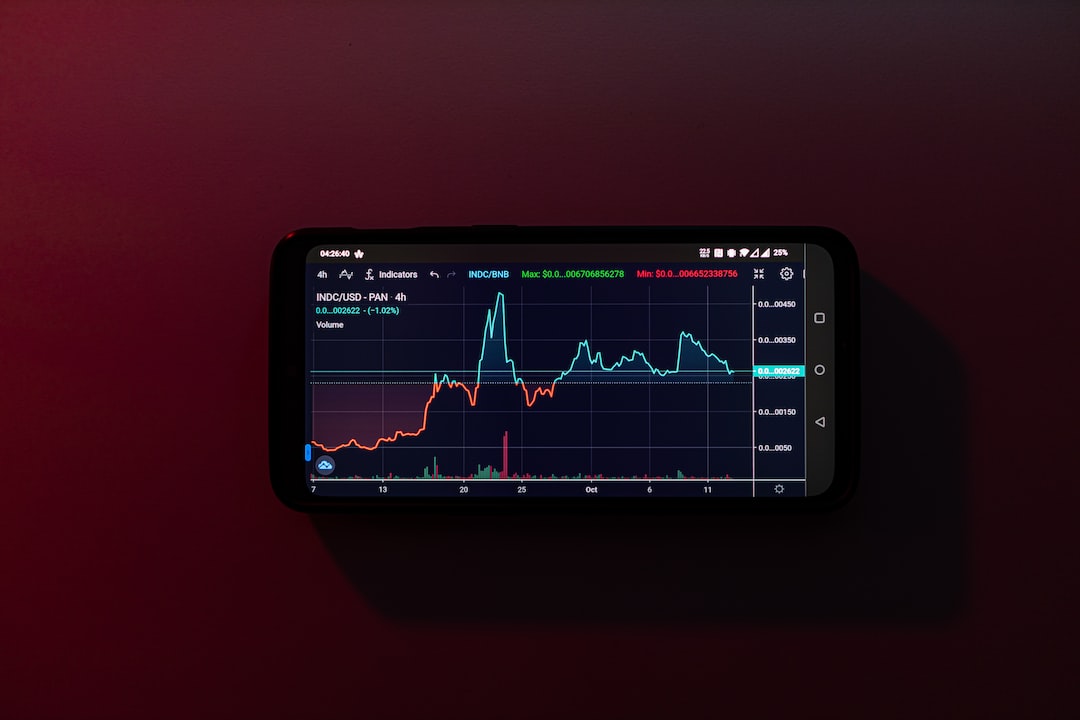
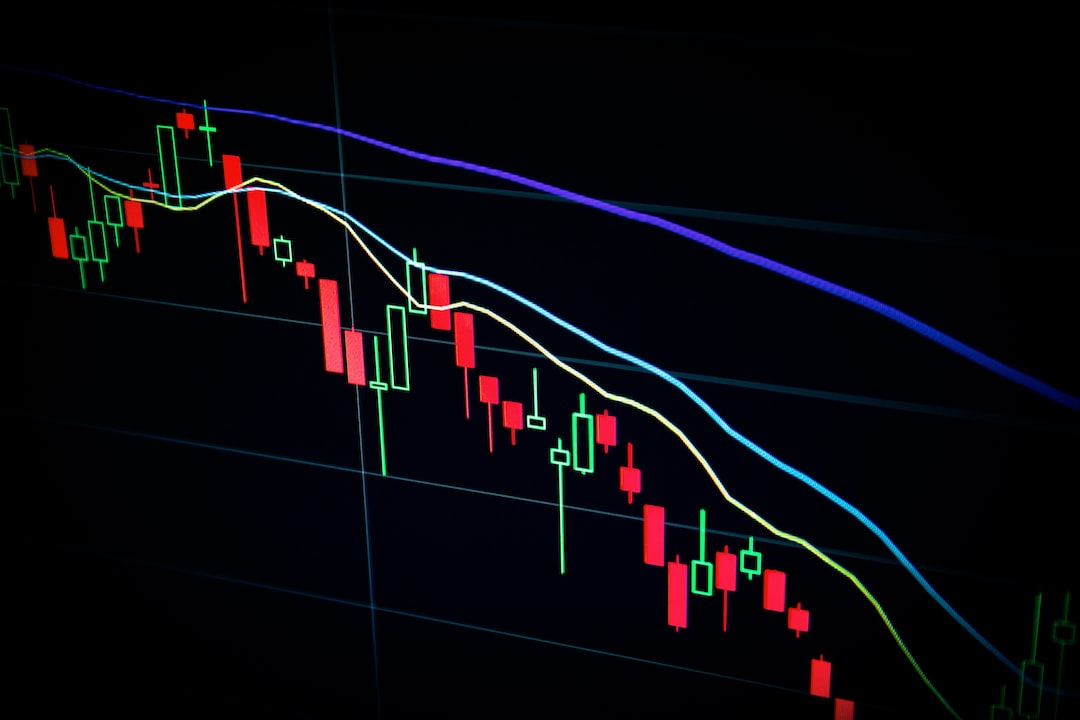

 By
By
 By
By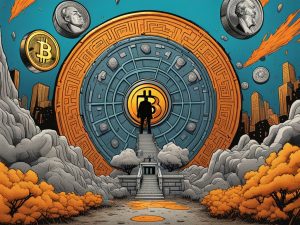
 By
By
 By
By
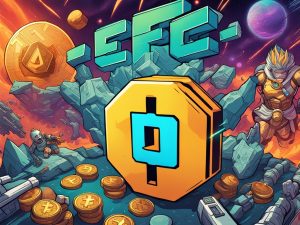
 By
By